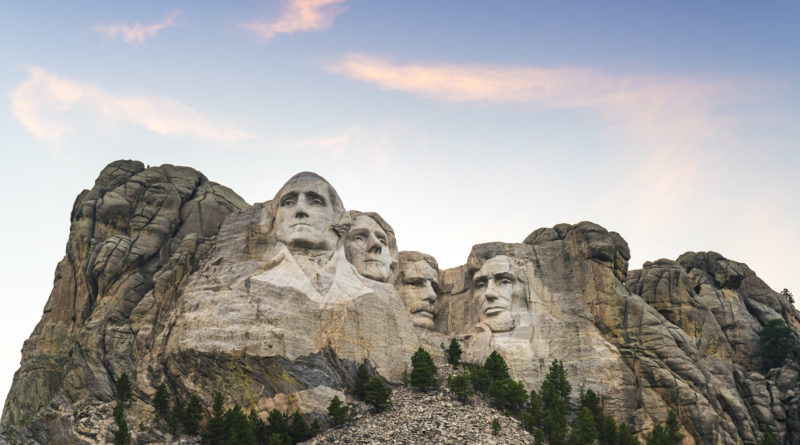What Does the Apostrophe Tell Us About Presidents Day?
1,476 total views, 1 views today
Every year, on the third Monday of February, the United States observes Presidents Day. For several reasons, confusion has long swirled around the holiday’s spelling despite the occasion having a straightforward name. Below, learn what the apostrophe (or lack thereof) tells us about Presidents Day.
Is there an apostrophe?
A huge part of the confusion about Presidents Day comes from its spelling. Some people and institutions spell the holiday “President’s Day,” which implies that the day belongs to one president. Others spell it “Presidents’ Day,” which implies that the day belongs to many presidents. Some forgo the apostrophe entirely in favor of “Presidents Day,” which is, grammar-wise, the most ambiguous of the bunch.
This confusion isn’t likely to go away any time soon. There is no one agreed-upon spelling of the holiday. The AP Stylebook uses “Presidents Day,” whereas the Chicago stylebook uses “Presidents’ Day.” Making matters even more confusing, the White House itself has used both “Presidents’ Day” and, in a complete rebuffing of the AP Stylebook, “President’s Day.”
Is there a reason for this apostrophe confusion?
As it turns out, there’s actually quite a good reason for the confusion around the apostrophe. Presidents Day originally celebrated only one U.S President: George Washington.
In 1885, the U.S. formally enacted the federal holiday of Washington’s Birthday. Washington’s birthday had been a day of national remembrance since 1800, just a year after his death, but it took another 85 years for the occasion to become a national federal holiday. Prior to 1885, Washington’s Birthday became a federal holiday for solely Washington, D.C. in 1879.
Washington’s Birthday lasted as an independent, singular holiday for nearly a century. In 1971, the Uniform Monday Holiday Act was signed into law, paving the way for Presidents Day. Not only did the Uniform Monday Holiday Act move all federal holidays celebrating a historical figure to Mondays to give families more opportunities for three-day weekends, but it also merged Washington’s birthday into the same celebration as that of another person: Abraham Lincoln. Thus, the name Presidents Day – as in, not singular – was born.
Is there a solution to this apostrophe confusion?
Despite the modern nature of Presidents Day – a celebration of two Presidents – driving the holiday’s apostrophe confusion, federal communications manage to avoid this problem entirely. That’s because, on a federal level, Presidents Day doesn’t exist despite the Uniform Monday Holiday Act. To this day, in all federal communications, Presidents Day is called Washington’s Birthday.
This continued use of an outdated title may reflect a major discrepancy that resulted from the Uniform Monday Holiday Act. George Washington was born on February 22, 1732, and Presidents Day is celebrated on the third Monday of February. However, the third Monday of February is never February 22. Even if February 1 is a Monday – meaning that February 22 would also be a Monday – it would be the fourth Monday of the month. Thus, the federal use of Washington’s Birthday in lieu of the newer Presidents Day title may be an attempt to keep the holiday tied to the figure that first inspired it.
No matter its title or apostrophe usage, Presidents Day can be meaningful for looking back on American history and getting an extra day off work to spend time with friends and family. For ideas on how to spend the day, click here.

